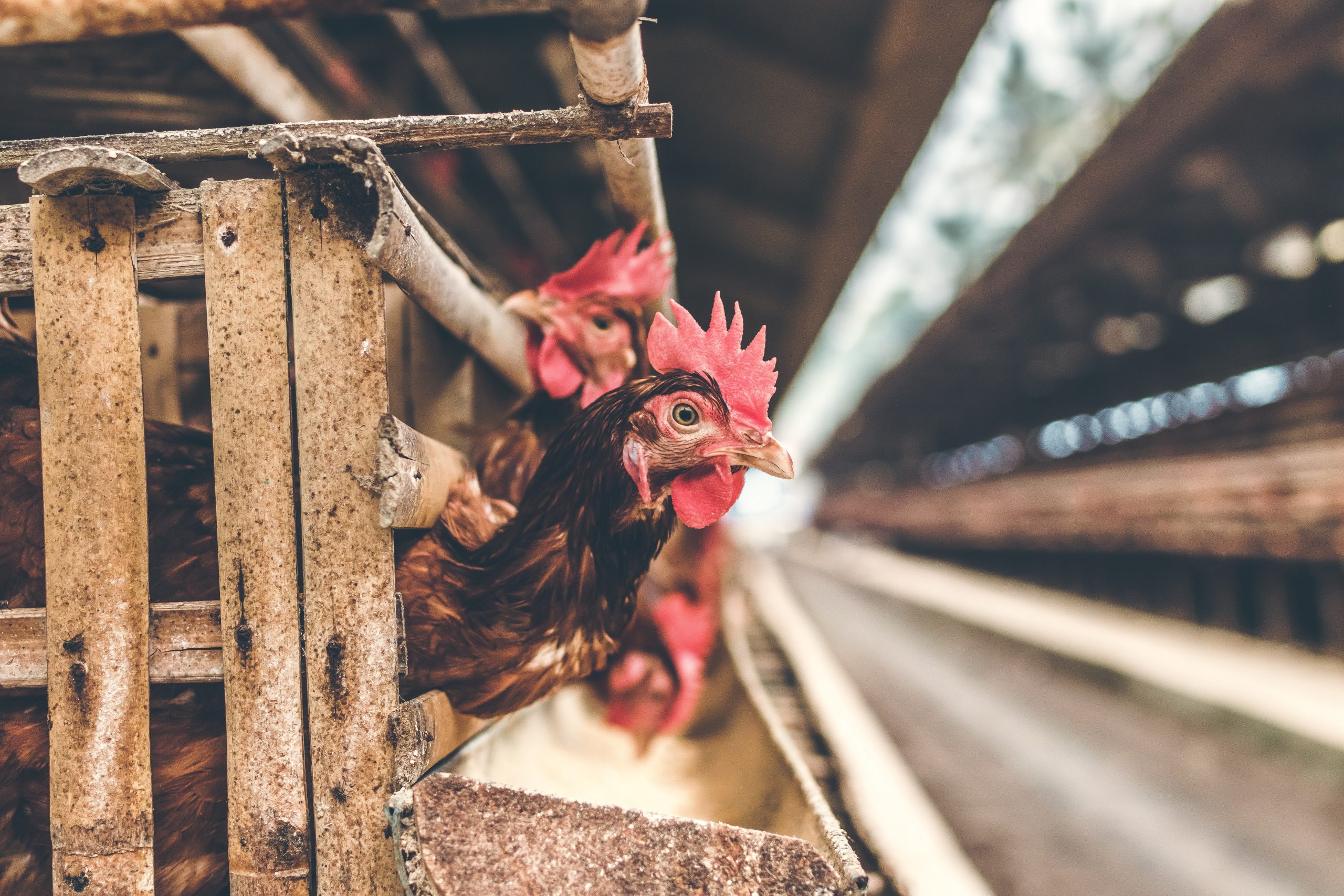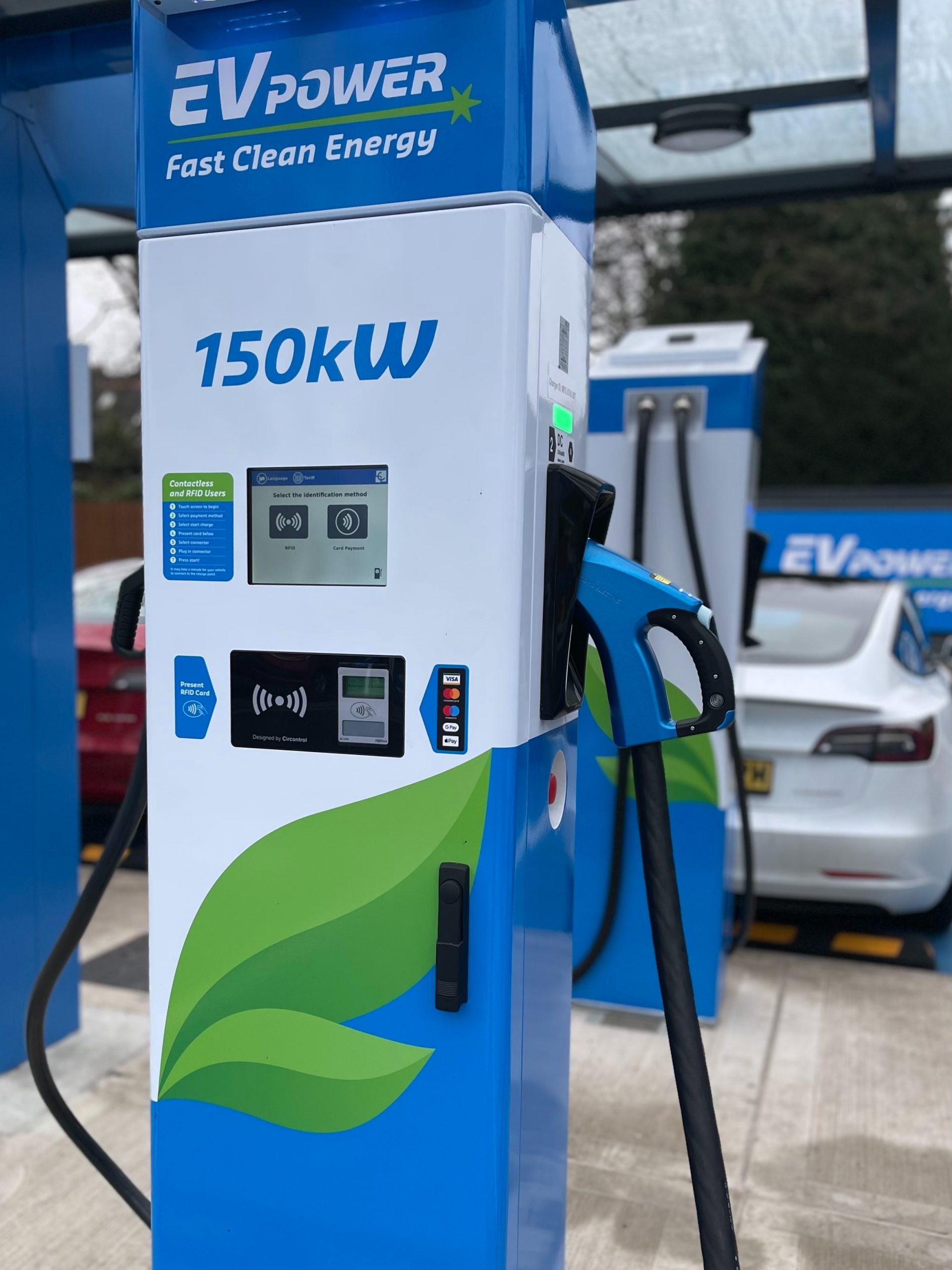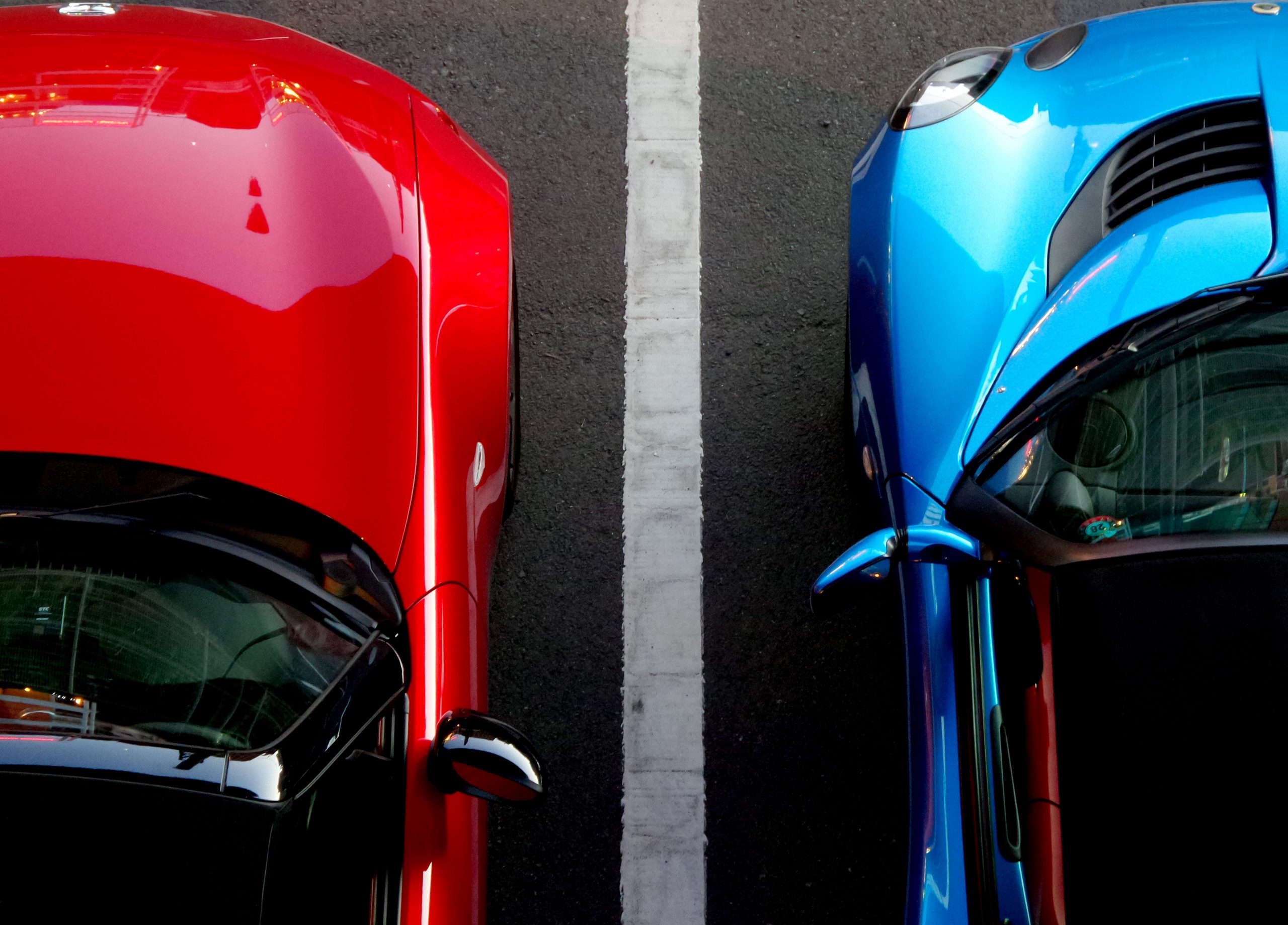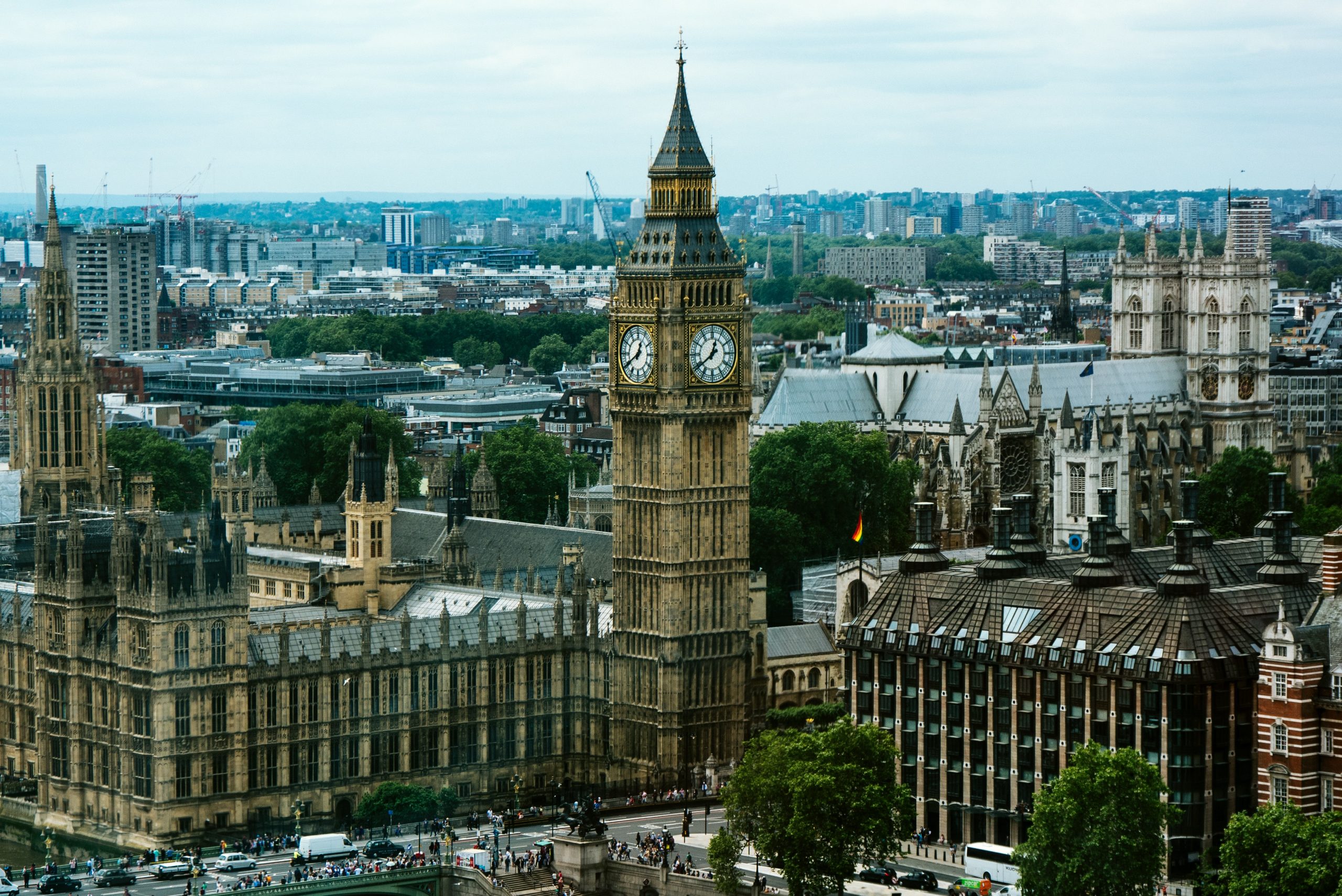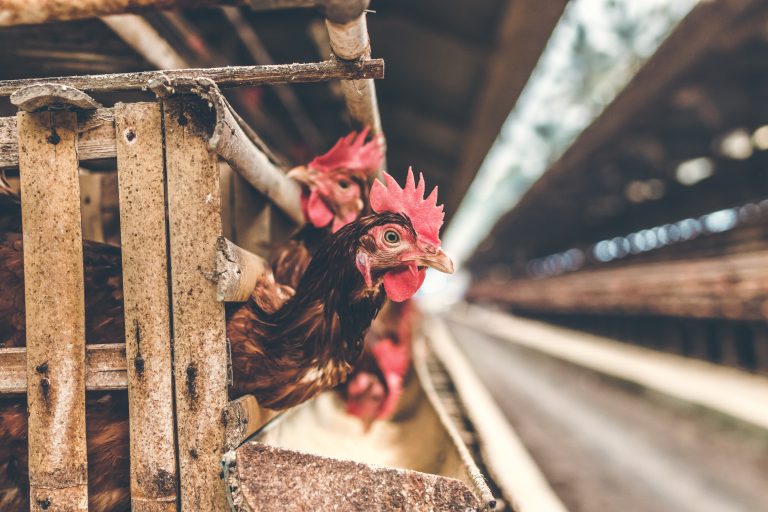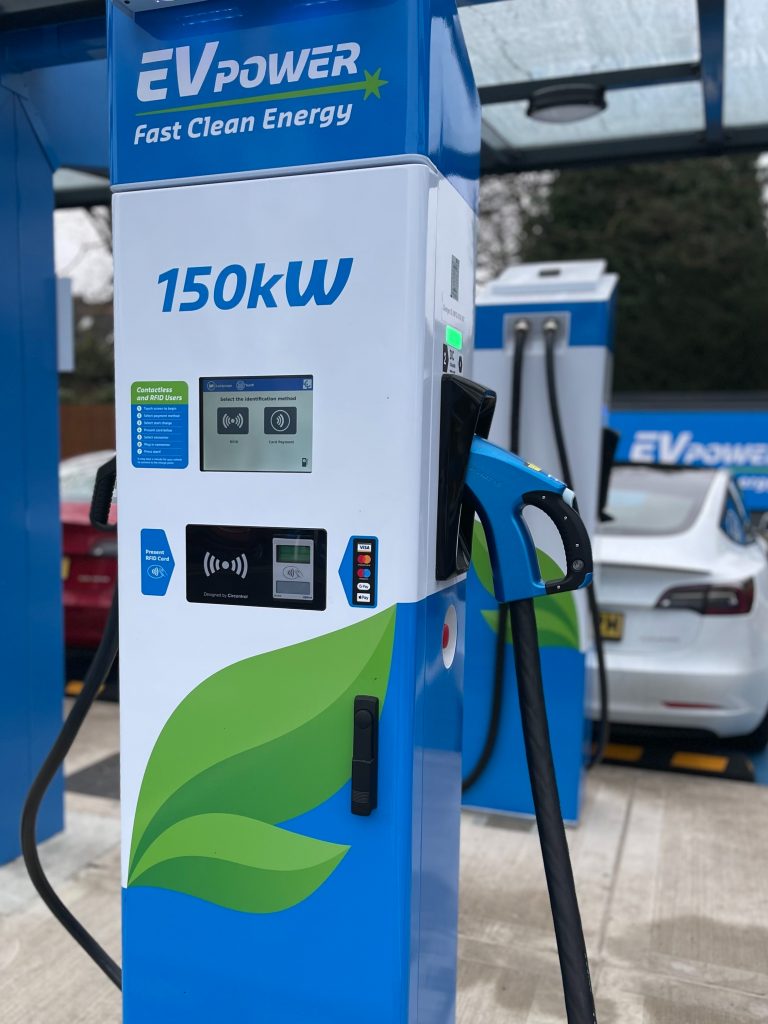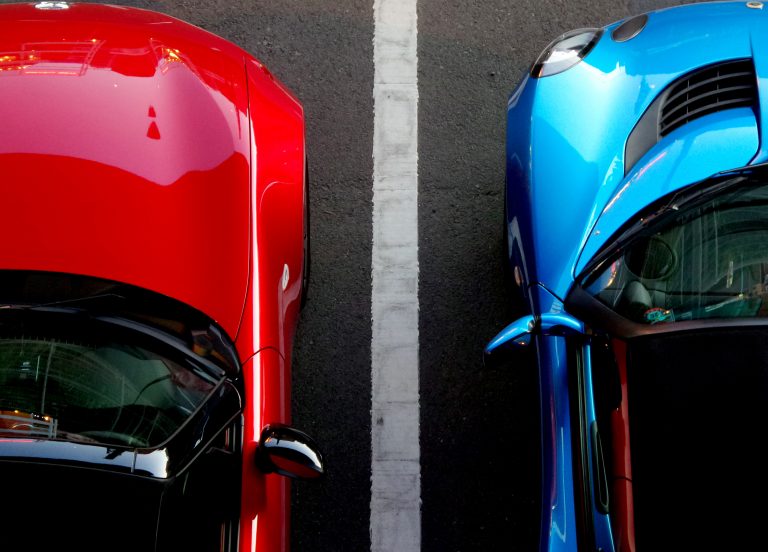Has the Magic Left the Magic Kingdom?
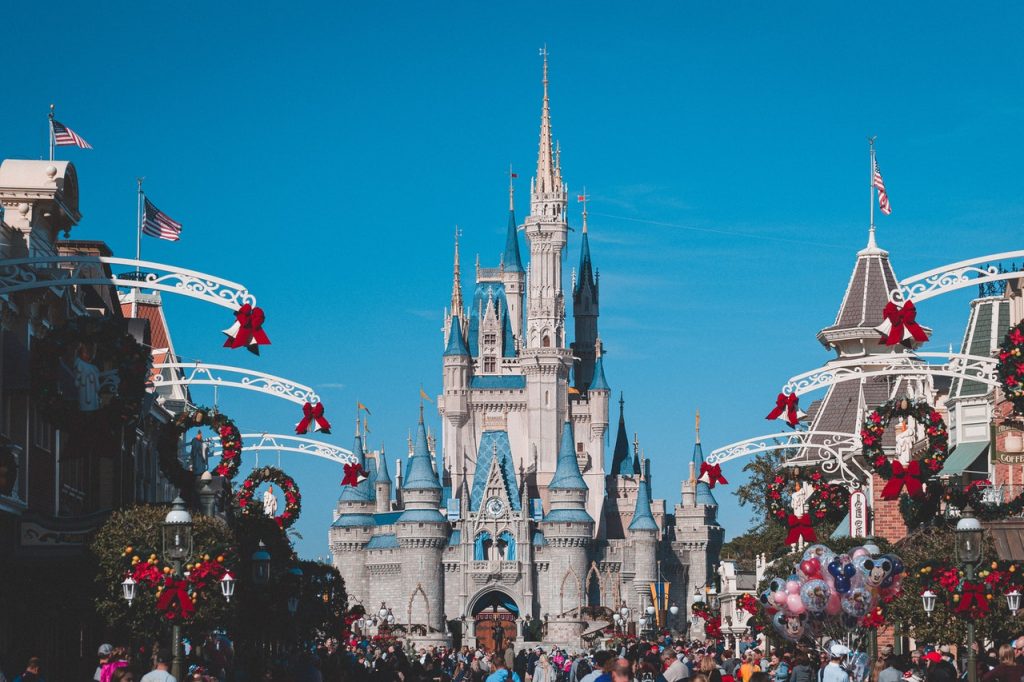
They say that once the genie is out of the bottle, the magic is over. Visitors to Disney World and Disneyland may soon feel that at least some of the enchantment of the Magic Kingdom has disappeared when they are asked to go to the end of the line or be ready to pay even more to get to the front. Disney World and Disneyland recently announced that they were ending the popular FastPass program that had allowed park guests to skip lines for free for popular rides. Instead, visitors to the parks should now expect to pay an extra $15 per day at Disney World and an extra $20 per day at Disneyland for the same privilege. Making the experience even less magical is that line skipping for rides like Space Mountain will now be an ‘a la carte’ add-on. The company is launching a Genie and Genie+ platform as part of its Disney apps. Visitors to the parks will be able to use the Genie platform to create their itineraries at the park and Genie+ to pay to skip lines.
The move comes as Disney struggles to get back on track following a financially devastating period of COVID-19-related park closures and a reduced capacity re-opening. Despite the excitement and fanfare surrounding the reopening of its parks around the world, the company has been experiencing a prolonged slump. Indeed, Disney claims that the new pricing scheme is necessary to boost revenues. With the parks continuing to struggle to regain their pre-pandemic visitor levels and profitability, Disney has seemingly put everything on the table for reconsideration, including the coveted ability to jump to the start of the queue for free. Disney shrugs off concerns that long-time customers will be unhappy with the new fees, claiming that the change will provide a better park experience for all visitors. Indeed, even in its position as the global leader in the theme park business, Disney is behind the curve in charging for line skipping privileges. Most competitors have been charging for some time, a situation that perhaps explains why Disney is confident that the magic will still be there, even if it costs consumers a little more.
Discussion/Questions:
- Using concept of opportunity cost, reflect on Disney’s new pricing scheme. Is it worth to pay $15 to $20 more to be able to avoid lines?
- Will Disney’s gamble on raising prices pay off? Think about Disney’s new Genie platform. How could it increase park efficiency for Disney and for the consumer? What does greater efficiency mean for Disney’s bottom line? What does it mean for park visitors?
- With its presence in multiple countries, Disney dominates the international theme park industry. What advantages does its multinational presence give Disney over its competitors? Do you see any drawbacks?
Sources: https://www.nytimes.com/2021/10/08/business/disney-world-fast-pass-cost.html. Photo by Craig Adderley from Pexels.

